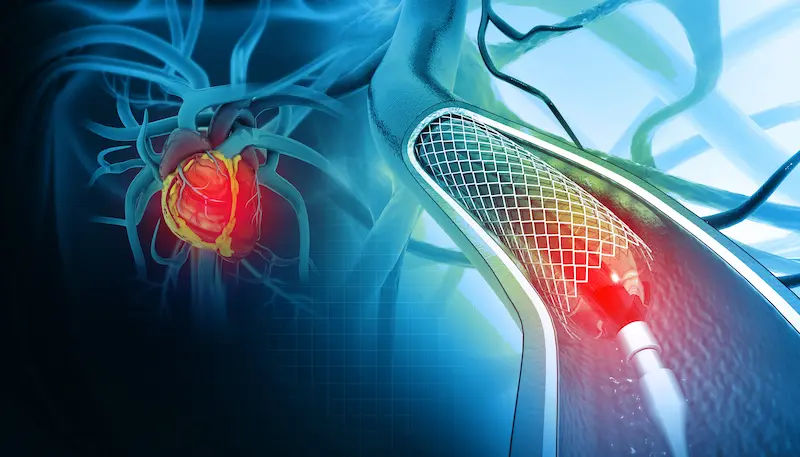- Male
- 26 Years
- 22/01/2025
I've already had my echo about three weeks ago because I was having chest pain. I'm still worried and wondering how many days I should wait before going for another test. Could you help me out with this?
Answered by 1 Apollo Doctors
It is recommended to follow up with your doctor for further evaluation of your chest pain. Depending on the underlying cause of your symptoms, your doctor may recommend additional tests or adjustments to your current treatment plan. If the chest pain persists or worsens, seek medical attention promptly.
Dr. Kareemulla Suggests...
Consult a Cardiologist
Answered 04/07/2025
0
0

More Cardiology Health Queries
View allI'm a bit puzzled because my blood pressure reading came out to be 9864, which seems really low. I don't feel dizzy or anything, and I don't have any underlying health issues. Do you have any idea why my BP might be on the lower side? Also, what can I do to help improve it?
At your age thats common its not low no need to worry consume balanced diet and do regular Physical activity you will be fine
Answered by 1 Apollo Doctors
I've just had an angioplasty because of a heart attack, and I'm a bit anxious about when I can start driving my scooter again. Also, Im curious about what kinds of exercise I can safely do now. I used to love swimming before the heart attack, and I'm wondering if it's okay for me to start that up again. Any advice would be greatly appreciated.
After angioplasty for MI, it is generally recommended to wait at least 1-2 weeks before driving a two-wheeler. As for exercise, you can start with light activities such as walking and gradually increase to moderate intensity exercises like cycling or jogging. Swimming can also be resumed, but it is important to start slowly and gradually increase the intensity. Remember to consult with your healthcare provider for personalized recommendations based on your individual recovery progress.
Answered by 1 Apollo Doctors
I'm trying to understand what a zero calcium score really means for my heart health. My CT scan showed a score of zero, and my doctor mentioned that I'll need another scan in 10 years. He ordered some blood tests for cholesterol and Hs-CRP, which he said were good, and mentioned there's no hard plaques and a very low risk of soft plaques since there's no sugar, cholesterol, or inflammation. What does this say about my risk for a heart attack? And can a CT scan show more about my coronary arteries besides just looking for calcium deposits?
A zero calcium score on a CT scan indicates that there is no evidence of calcium deposits in your coronary arteries. This is a good sign as it suggests a low risk of coronary artery disease and heart attack. The fact that your cholesterol test and Hs-CRP test results were good further supports this. The CT scan can also provide information about the anatomy of your coronary arteries, such as any blockages or narrowing that may be present. Since your doctor has recommended a repeat scan after 10 years, it is important to continue following up with regular check-ups to monitor your heart health.
Answered by 1 Apollo Doctors
Disclaimer: Answers on Apollo 247 are not intended to replace your doctor advice. Always seek help of a professional doctor in case of an medical emergency or ailment.




